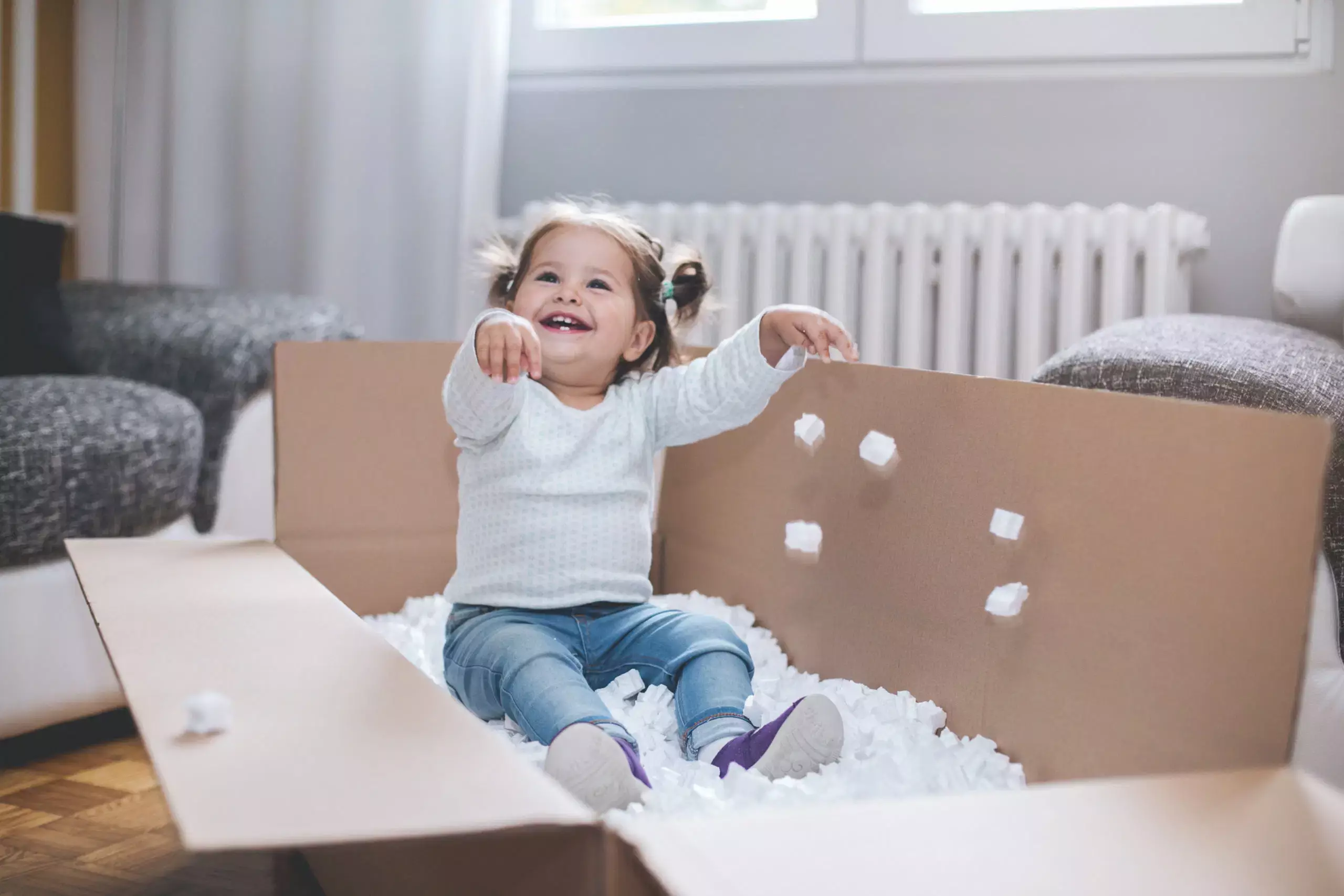Relocating can often feel like a symphony of chaos, especially for families navigating the challenges of a bustling household with toddlers in tow. The stress of packing, organizing logistics, and adjusting to a new environment can be overwhelming. Yet, there exists a unique opportunity to turn this seemingly daunting task into a joyful bonding experience that strengthens the connection between you and your little ones.
The Heart of Connection: Engaging with Your Toddler
One of the most effective strategies to alleviate the stress of moving is to forge meaningful connections with your children during this transition. It’s vital to recognize that toddlers, though small, have their own emotional landscapes and can sense when major changes are looming. The key is to validate their feelings and ensure they feel secure amidst the upheaval.
Carving out time specifically dedicated to your child’s interests can work wonders. A brief, planned “special time” of about 10-15 minutes focused solely on them can help reduce feelings of disconnection. By allowing them to choose the activity—be it drawing, playing with toys, or even helping pack—a sense of control is fostered. This will not only pacify their restless energy but will also empower them, making them feel included in the process.
Creating a Fun Packing Environment
Packing doesn’t have to be a dire and monotonous task. Infusing it with elements of fun can reshape the experience remarkably. Consider providing your toddlers with their own boxes to pack their toys into. This not only gives them a job, but it also keeps their attention focused on the task at hand. To make it even more inclusive, reserve a few items for them to unpack, allowing access to treasures even as the house is disassembling.
Moreover, turning up the music might transform the atmosphere from stressful to celebratory. Dancing while you pack can shift the energy in the room and inject a sense of joy into mundane tasks. Allow yourself to be silly; the more laughter present, the more the children will stay engaged and cooperative.
The Power of Play: Using Imagination to Ease Tension
When emotions run high during significant changes, inserting elements of play can mitigate heightened anxiety for children and adults alike. Techniques like “giggle parenting,” where humor is employed through playful antics, can often lift spirits when frustration begins to set in. A simple game of pretending a child has become an unexplained item to pack can elicit laughter, breaking down barriers and alleviating tension.
Such playful exchanges not only allow for joy but help toddlers navigate their own emotional challenges. When incorporating interactive, imaginative play—like using puppets to engage them in packing tasks—you foster a playful environment that encourages cooperation. Plus, it gives them a comforting distraction from the overwhelming aspects of the move.
Encouraging Independence Through Playful Challenges
Older toddlers often thrive on challenges. Setting up races—like packing toys as quickly as possible—adds an element of competition and fun, prompting them to engage actively in the process. This not only fosters independence but boosts their confidence as they accomplish the task at hand. Celebrate their victories, no matter how small, to reinforce positive behavior while nurturing a team mentality.
Even small incentives can make a difference; for instance, offering to buy their favorite snack if they successfully pack a designated number of items can motivate them further.
Emotional Validation: Navigating Changes with Compassion
It’s essential to keep in mind that packing and moving may lead to emotional meltdowns. Children often express their discomfort through tears and tantrums, which can be frustrating for parents. However, it’s crucial to understand that crying serves as a natural release for emotional build-up. Empathizing and providing emotional support can cultivate trust and strengthen your bond. Rather than attempting to squash these feelings, embrace them by acknowledging their hardships as valid.
Showing up for your child during moments of distress not only helps them process their emotions but fosters a sense of security in your relationship. You become their candidate for guidance, steering them through the emotional whirlpool that can accompany such life transitions.
Ultimately, remember that looking after yourself is equally important amidst the chaos. Giving yourself breaks by ordering takeout or finding moments for self-care can recharge your battery. Staying tuned into your own needs can positively impact how you engage with your children. You’re not only managing a move; you are crafting memories that can help establish a stable environment as you navigate the complexities of a new home.

